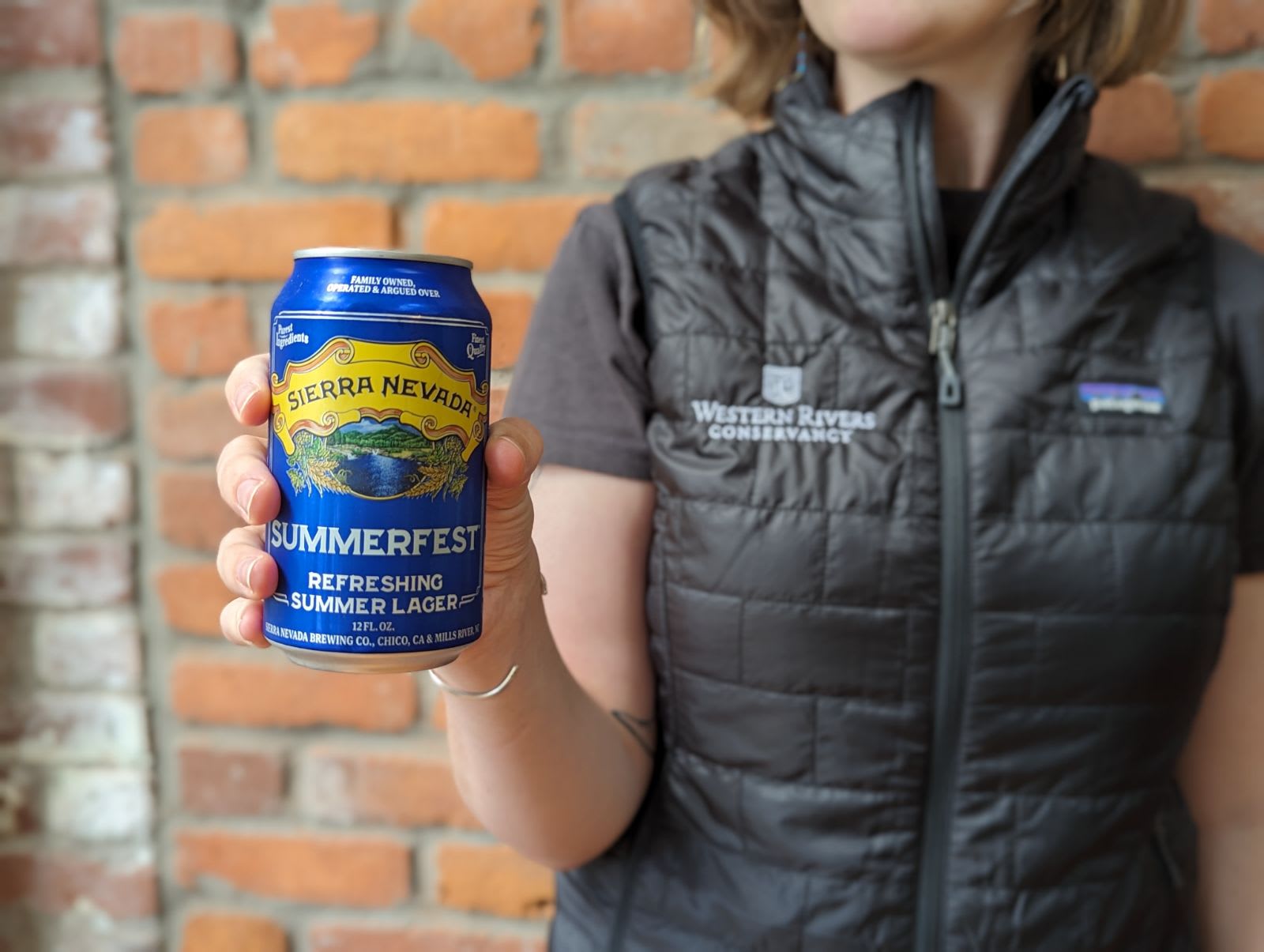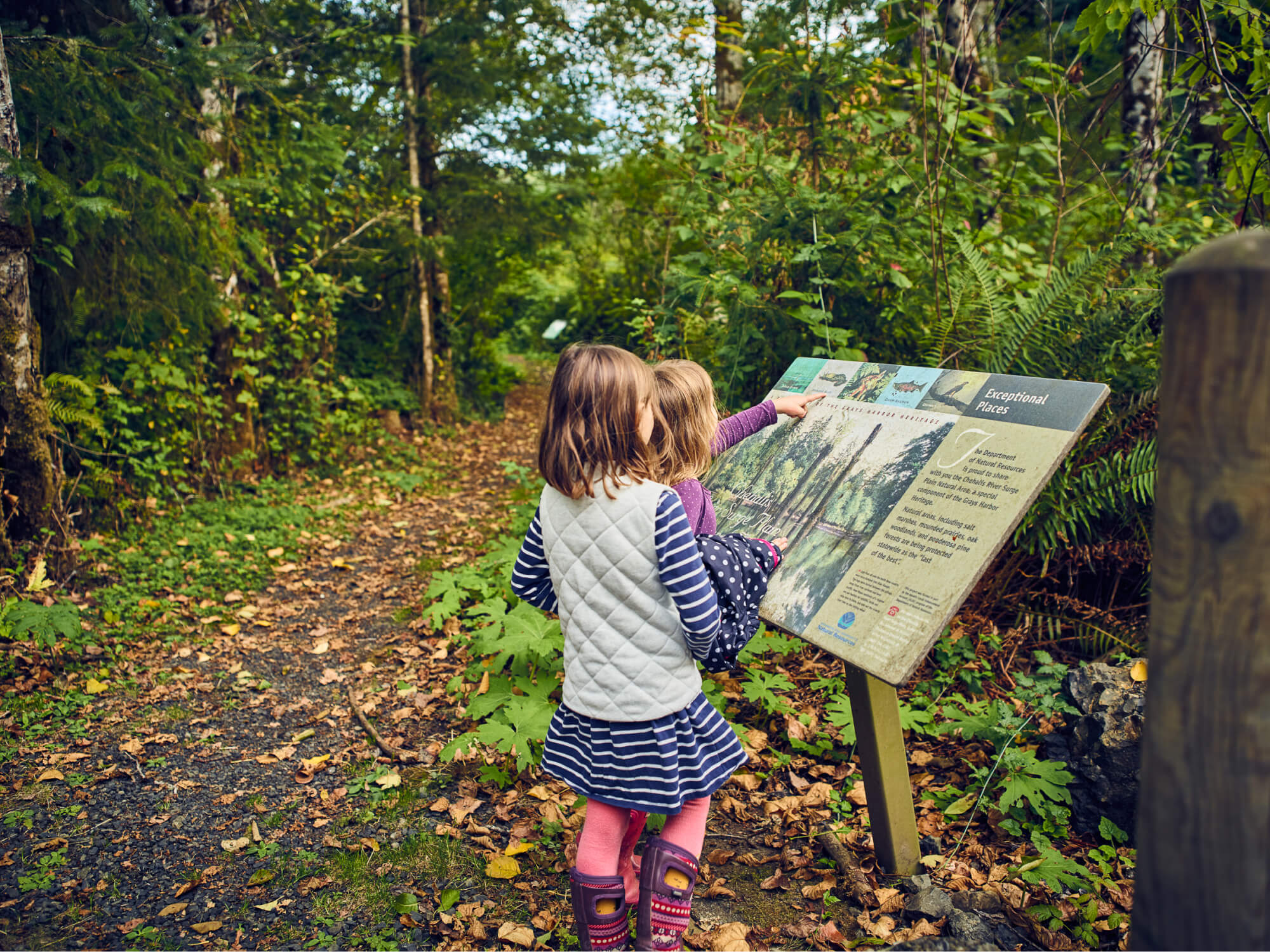Summerfest: WRC and Sierra Nevada Show Brewing Great Beer and Saving Rivers Can Go Hand in Hand
This year, the much-loved seasonal release of Summerfest beer helped save rivers.

For beer lovers, the return of Sierra Nevada’s Summerfest lager was cause for excitement. This year, the much-loved seasonal release also helped save rivers.
How? Western Rivers Conservancy partnered with Sierra Nevada to source the sustainably grown malt barley from a ranch we conserved on Oregon’s John Day Wild and Scenic River. While agriculture is not a mainstay of WRC’s mission (our mission is to buy and conserve riverlands for the benefit of fish, wildlife and people), this project afforded us a unique opportunity to experiment with some river- and climate-friendly farming practices.
It was a huge success.
Back in 2019, WRC conserved two neighboring ranches on the lower John Day after acquiring them and conveying them to the Bureau of Land Management. Our effort protected a total of 22,032 acres along 10 miles of the John Day and nine miles of Thirtymile Creek, the largest and most important steelhead spawning tributary on the lower river. We also placed the only boating put-in/take-out on a 70-mile stretch of the lower river into public hands and ensured it will be there forever.
Of the more-than 20,000 total acres we acquired and protected, roughly 3,000 acres of upland agricultural lands didn’t contribute to our conservation and access objectives. So, WRC temporarily retained those lands, which lie in the upland part of the property, away from the river. While in WRC’s ownership, we have been working with Dr. Pat Hayes from Oregon State University, along with a local farmer, to grow high-quality malt barley without irrigation using no-till, carbon friendly practices on about 550 acres. Dr. Hayes is a renowned mentor, professor and innovator who has been the driving force behind some of craft brewing’s greatest accomplishments—including developing top-tier barley varieties like the one WRC is growing.
One of the biggest environmental benefits of a no-till crop is that it leaves a “stubble” of roots and stems on the land, which stabilizes the soil and prevents erosion from wind and rain. Over time, the residual organic material works its way back into the ground, building soil and increasing its carbon content. Not only is this important from a river quality perspective, but it’s a game-changer for arid Central Oregon where topsoil is typically very shallow. Using these sustainable growing practices with a superb variety of barley developed by Dr. Hayes we’ve produced an incredibly high-quality crop for the last six years in a row.
Enter Sierra Nevada. The California-based brewing company is an industry pioneer and leader in sustainability, and it looks to source environmentally friendly grains wherever possible. Ken Grossman, Sierra Nevada’s president and CEO, is also a member of WRC’s board of directors and has been an early supporter of our experimental barley growing efforts.
So, when the quality of the malt barley that WRC grew at Thirtymile became evident, Sierra Nevada jumped at the opportunity to partner again with us and purchase the crop. This is now the third time that the company has purchased barley from WRC, but the first time the grain has been used exclusively for a national release like Summerfest, a certified Salmon-Safe beer.
“Sierra Nevada is a leader in sustainability and has been a longtime supporter of WRC’s river conservation efforts,” said Sue Doroff, WRC’s president and co-founder. “We’re extremely proud that this partnership resulted in a great outcome for the John Day River while delivering great beer and healthier rivers for us all!”
To learn more about our work on the John Day River and throughout the West, head to our projects page.
